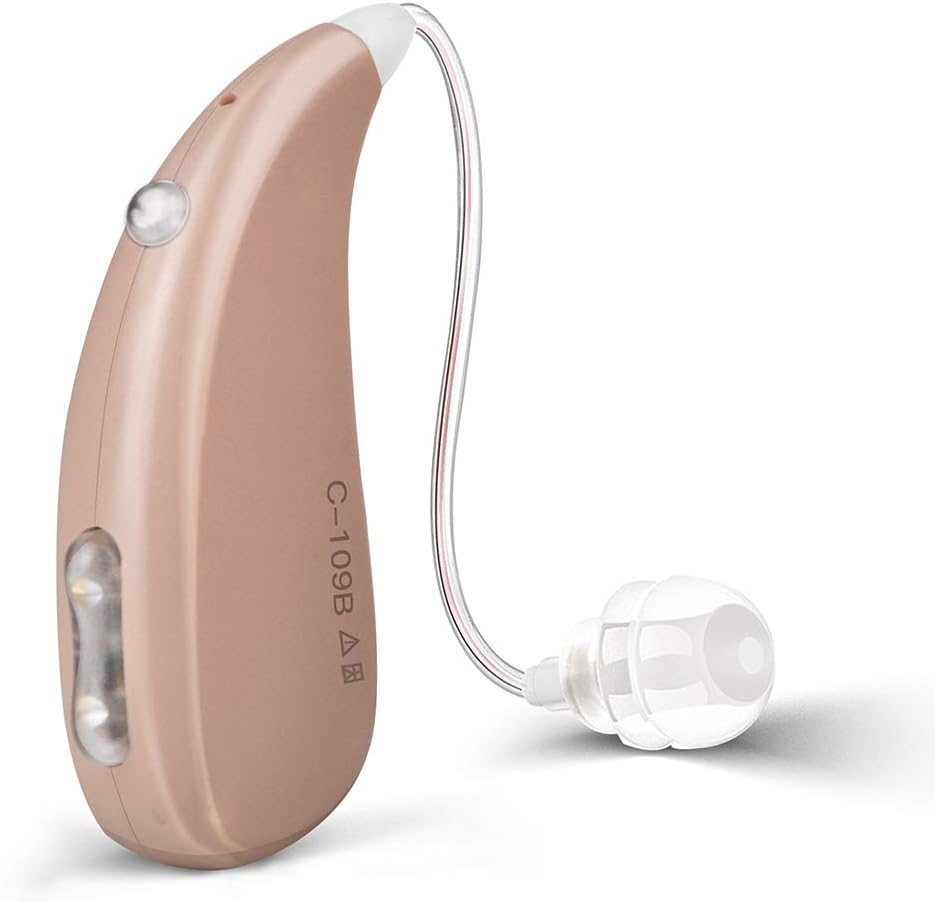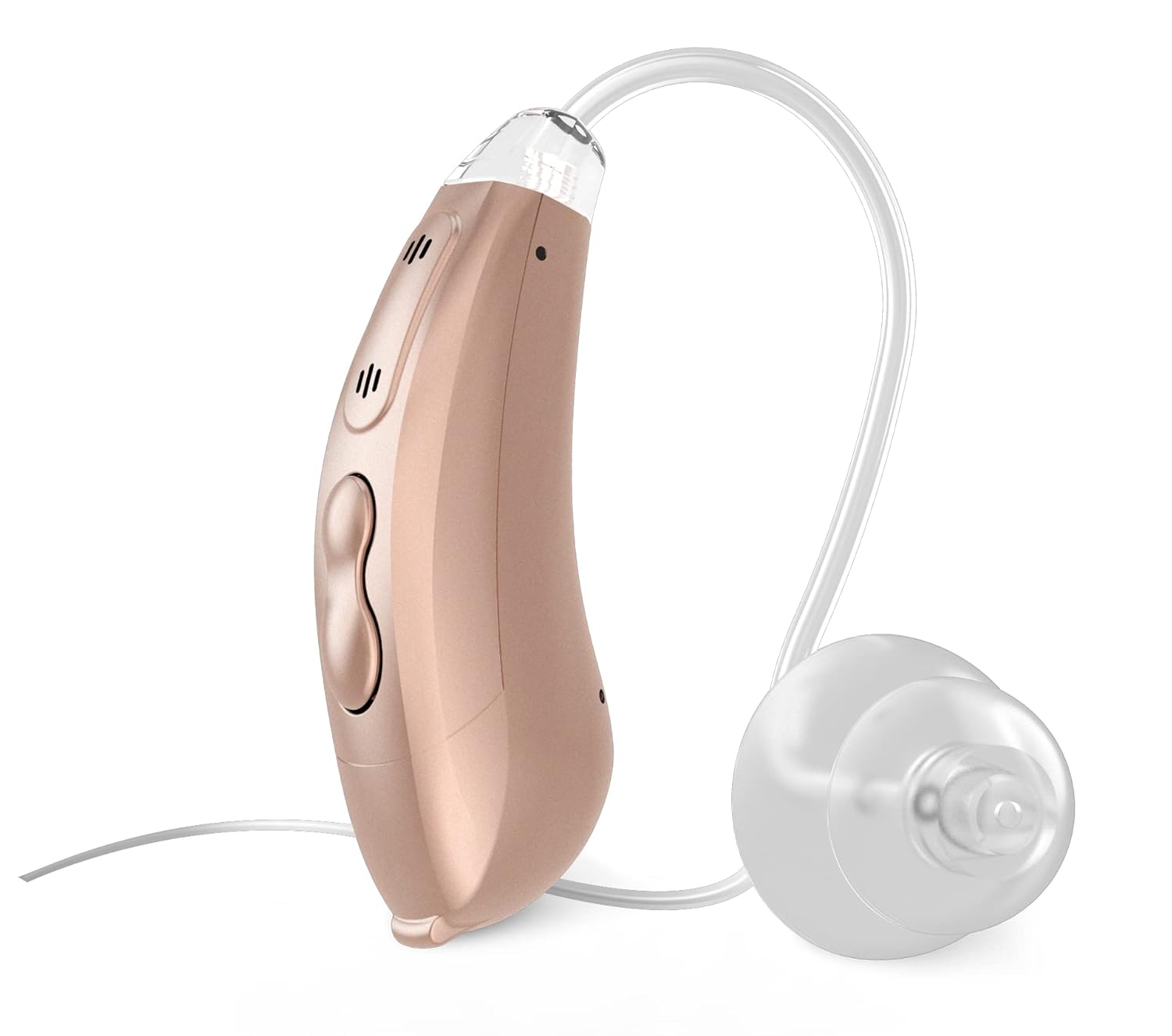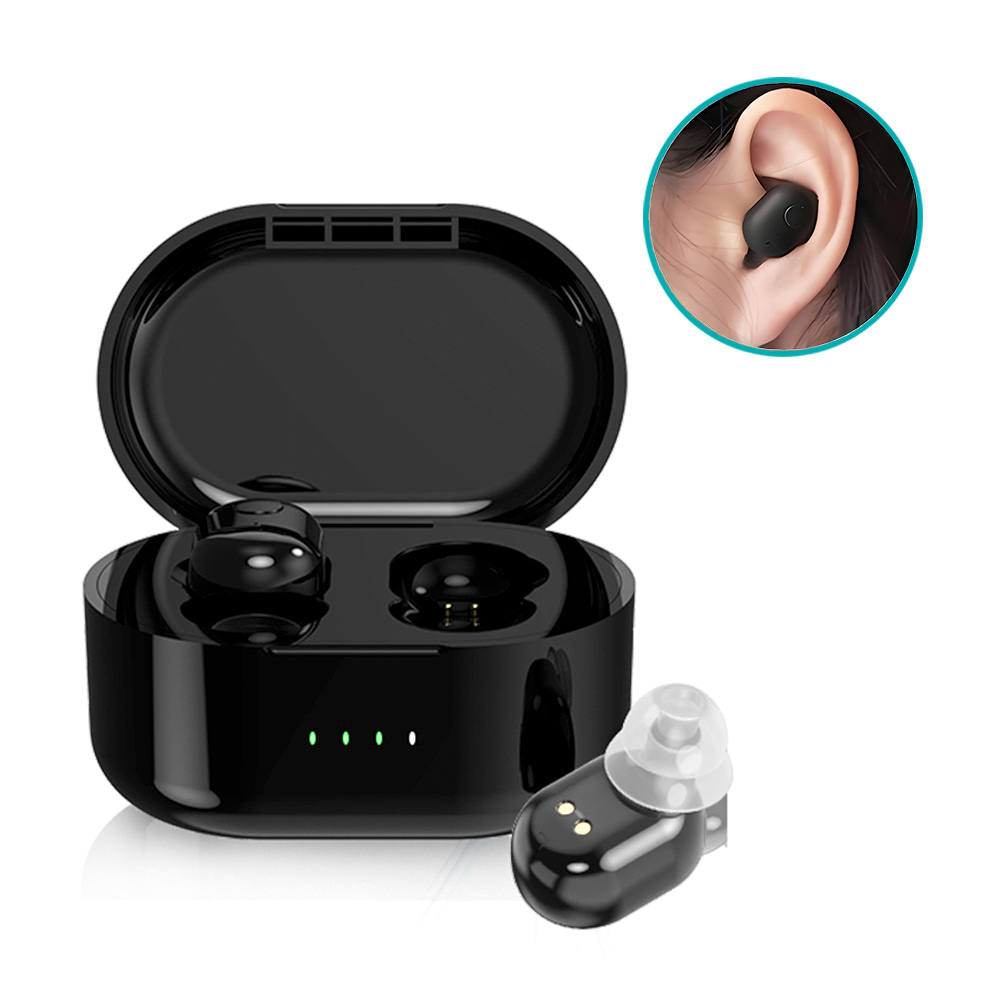
Closed captions are available on this video. If you are using a mobile phone, please enable captions clicking on the gear icon.
If you’re one of the 50 million people in the U.S. suffering from tinnitus, you’ll want to read this article to the end and watch the video below. There's a lot more that can be done than your doctor might be telling you. Many comments on my tinnitus videos reveal that people are often told, "Oh, I'm sorry, there's nothing that can be done; you'll just have to deal with it." This couldn't be further from the truth.
Understanding Tinnitus and Its Impact
While there is no known cure for tinnitus, many treatments can significantly reduce its impact. Imagine taking your tinnitus from an overwhelming noise to something more manageable, allowing you to live your life without constant disruption. I fully relate to anyone dealing with this condition, as I experience tinnitus 24/7.
I’m also eager to learn about your specific tinnitus. I recently conducted a YouTube poll asking how you would describe your tinnitus: barely noticeable, an annoyance, or completely debilitating? Let me know in the comments below the video, and I’ll design future content around your specific needs.
Tinnitus is often described as a ringing, buzzing, or hissing sound in one ear, both ears, or somewhere within your head, produced by something other than an external sound source. Despite the lack of a cure, various treatments are available.
Introducing Lenire: A New Approach
One innovative treatment gaining global attention is Lenire, which uses bimodal neuromodulation. This method combines sound stimulation via your ears with gentle electrical pulses delivered via your tongue. This unique approach utilizes the tongue's rich network of nerves to provide tinnitus relief.
When I first heard about this treatment, I was skeptical. However, growing evidence supports its benefits. Why the tongue? Your tongue is densely packed with nerves, many close to the auditory pathways in the brain. Stimulating the tongue indirectly influences the auditory system and reinforces sound stimulation, reducing tinnitus perception.
Research from leading institutions such as the University of San Francisco has shown promising results. In a controlled clinical trial, 70.5% of patients with moderate to severe tinnitus reported significant improvement after six weeks of using Lenire, following no significant change from sound therapy alone.
How Lenire Works
Lenire works by pairing an acoustic stimulus with electrical stimulation of the tongue. This dual approach retrains the brain’s response to sound, gradually reducing the intrusive noise of tinnitus. The tongue is an excellent conductor of electricity, allowing effective stimulation with minimal and safe levels of electrical impulses.
Interestingly, tongue stimulation has been effective in treating conditions such as trigeminal neuralgia and is being explored for Parkinson's disease to improve motor functions. This form of treatment is evolving, and we're at the beginning of something significant.
I don’t just take manufacturers' claims at face value. Neuromod has provided substantial evidence. In their TENT-A1 study, 86.2% of participants reported improved tinnitus symptoms after 12 weeks of treatment with Lenire. The TENT-A2 study found that 87.8% of participants would recommend Lenire as a tinnitus treatment.
The Importance of Evidence and Compliance
I’ve also accessed unpublished research from the TENT-A3 study, which I’ll discuss in future videos. Subscribe to be notified when I share my thoughts on their latest evidence. Tinnitus treatment requires patience and perseverance.
From a clinical standpoint, treatment should be simple and convenient. Neuromod's second large-scale clinical trial reported a treatment compliance rate of 83.8%, with many patients using the technology as intended. This treatment can be done easily from home without frequent visits to an audiology clinic.
Long-Term Benefits and Lifestyle Factors
What are the long-term benefits of Lenire? Studies show sustained benefits, with follow-up assessments revealing that tinnitus relief was maintained a year after treatment ended. This demonstrates the long-term efficacy of bimodal neuromodulation.
However, none of this matters if you don't address other lifestyle factors that can reduce your tinnitus. Be sure to check out the video on this page, where I cover these important factors in detail.
The above is the interpretation of The Truth About Tinnitus Treatments: What Your Doctor Isn’t Telling You provided by Chinese hearing aid supplier Shenrui Medical. Link https://www.sengdong.com/Blog/The-Truth-About-Tinnitus-Treatments-What-Your-Doctor-Isn't-Telling-You.html of this article is welcome to share and forward. For more hearing aid related information, please visit Blog or take a look at our Hearing aids products







